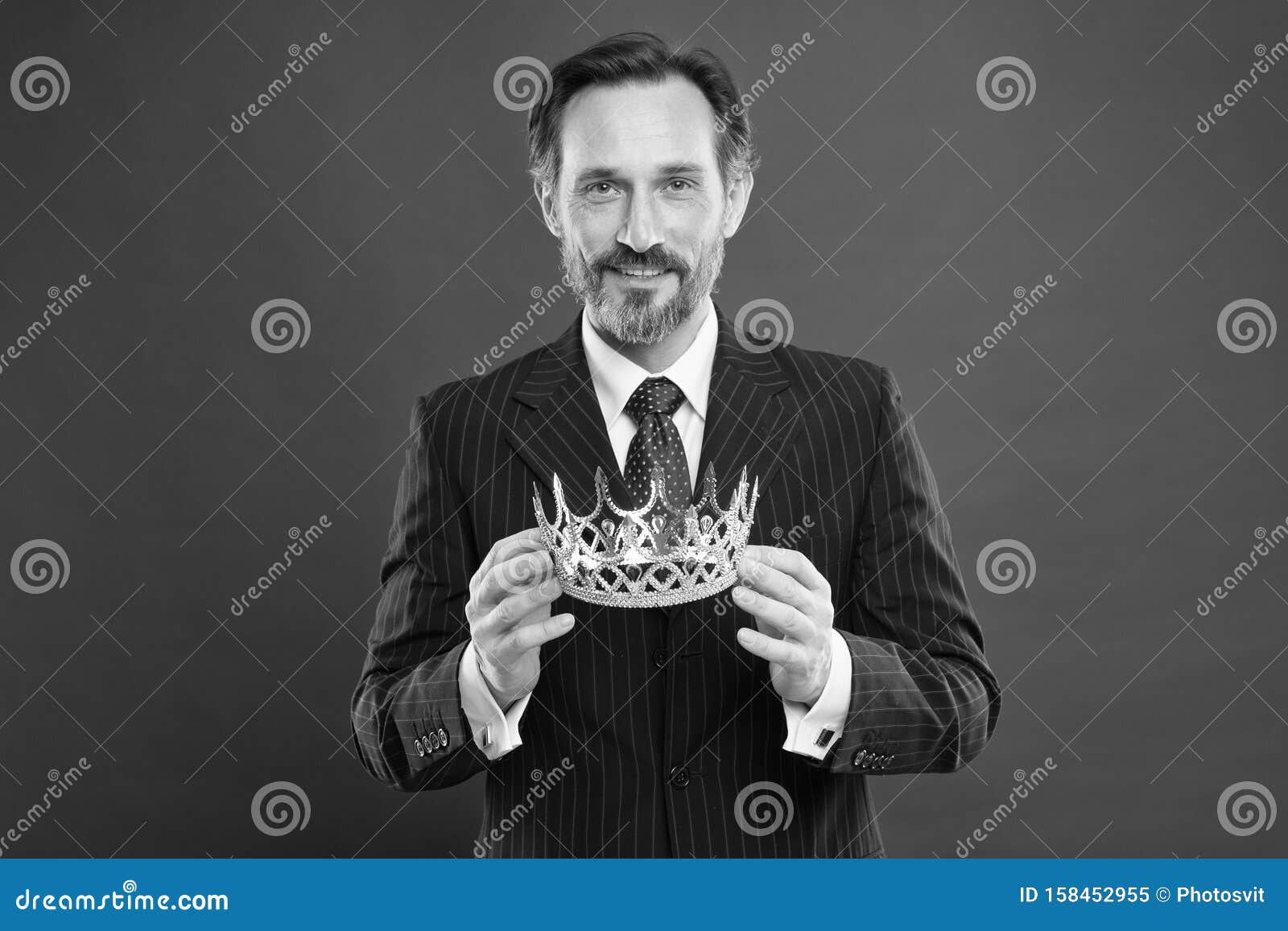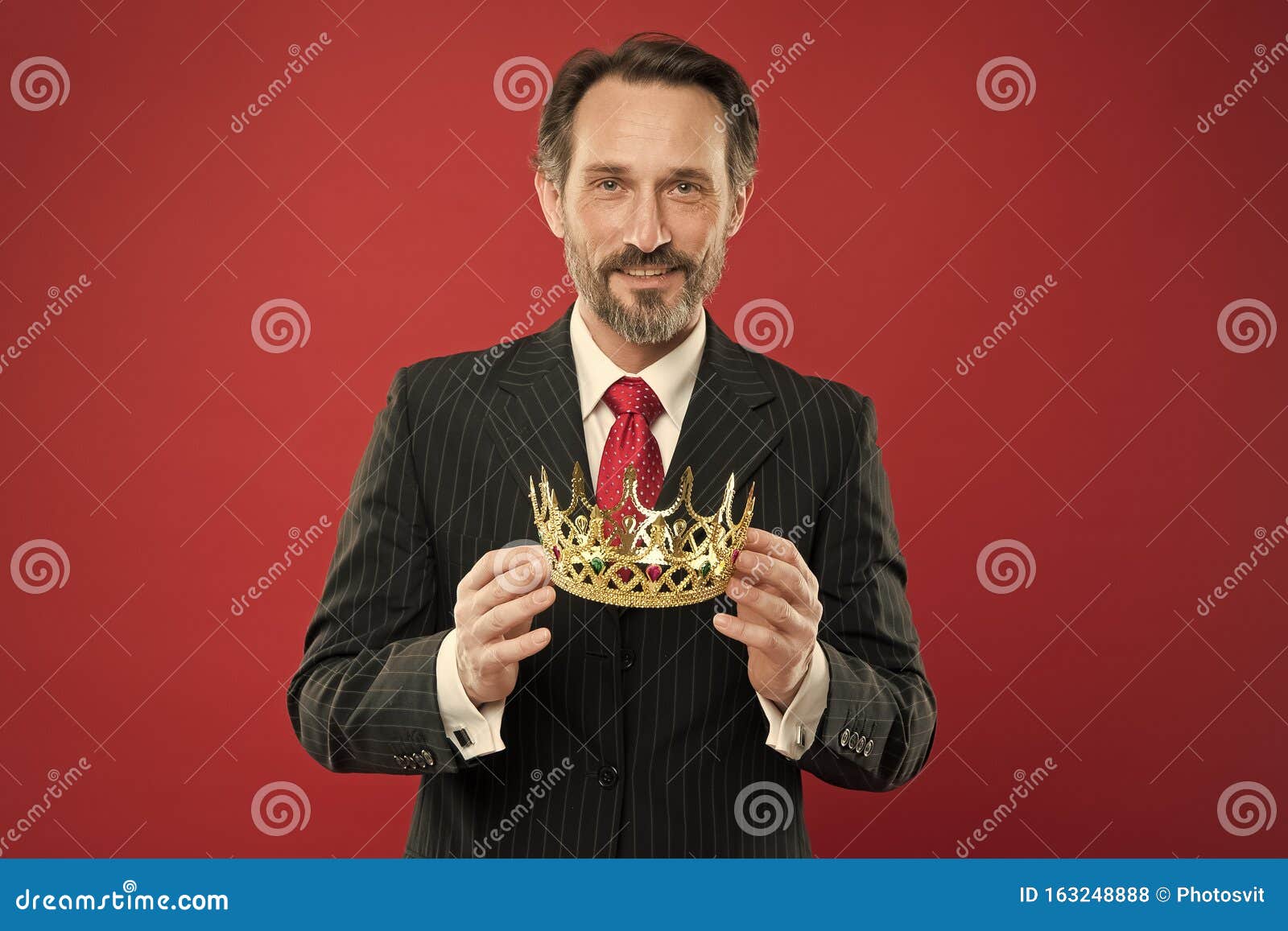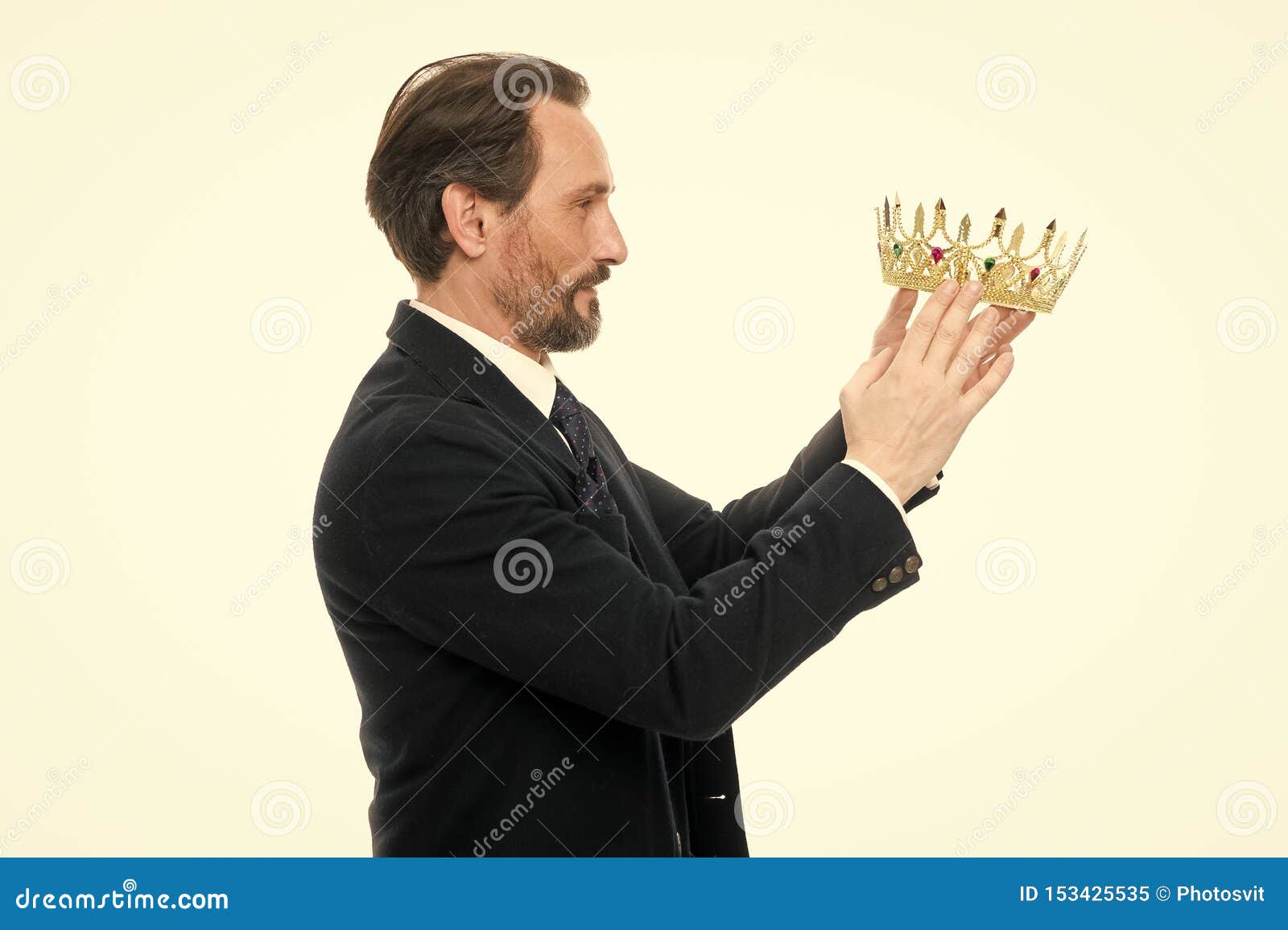Do Crown Families Follow Monarchy Traditions? Unveiling The Royal Legacy
Listen up, folks. If you're diving headfirst into the world of royalty, one question keeps popping up: do crown families follow monarchy traditions? The short answer? It's complicated. Royal families around the globe have a reputation for being steeped in history, protocol, and centuries-old customs. But let's face it—times are changing, and so are the royals. They're not just living relics of the past; they're adapting to modern life while still holding onto their roots. So, buckle up, because we're about to take a deep dive into the royal playbook and uncover what it truly means to follow monarchy traditions today.
Picture this: a crown, a castle, and a whole lot of pomp and circumstance. That's the image most of us have when we think of royal families. But beneath the glittering jewels and elegant gowns lies a complex web of traditions, rules, and expectations. These aren't just guidelines—they're the backbone of what makes a monarchy tick. From coronations to family trees, every move is carefully choreographed. But does every royal toe the line, or are there rebels in the ranks? Let's find out.
Before we get too deep into the nitty-gritty, let's clarify something. Monarchy traditions aren't just about wearing fancy outfits and throwing lavish parties. They're about preserving a legacy, maintaining cultural identity, and ensuring the continuity of a nation's heritage. For many, these traditions are sacred. For others, they're outdated relics of a bygone era. But one thing's for sure: whether you're a fan of the royals or not, their adherence—or lack thereof—to these traditions shapes the way we view them as global figures. So, are they sticking to the script, or rewriting the rules? Let's dig in.
Read also:Excon Charged With Murdering Mom And Brother Just Days After Leaving Prison
Understanding Monarchy Traditions: A Royal Primer
Let's break it down. Monarchy traditions are like the rulebook of royalty. They dictate everything from how a king or queen should behave to the ceremonies they must perform. These traditions vary from country to country, but they all share one common goal: to uphold the dignity and authority of the monarchy. Think of it as a recipe for maintaining power and respect. But what exactly are these traditions, and why do they matter?
For starters, monarchy traditions often revolve around key events like coronations, weddings, and funerals. These ceremonies are more than just pageantry—they're symbolic acts that reinforce the legitimacy of the royal family. Take the coronation, for instance. This isn't just a fancy party; it's a sacred ritual that dates back centuries. It's where a monarch is formally crowned and anointed, symbolizing their divine right to rule. But here's the kicker: not every royal family follows these traditions to the letter. Some have adapted them to fit modern times, while others have ditched them altogether.
The Evolution of Royal Ceremonies
Let's talk about how these ceremonies have evolved over time. Back in the day, royal weddings were all about forging alliances between kingdoms. Today, they're more about celebrating love and family. Take Prince William and Kate Middleton's wedding in 2011. Sure, it was a grand affair, but it also reflected the couple's personal style and values. They chose to include modern touches, like a simpler dress and a more relaxed atmosphere, while still honoring traditional elements like the carriage ride and the balcony appearance.
Funerals are another area where tradition meets modernity. When Princess Diana passed away in 1997, her funeral became a global event that broke many royal protocols. The public demanded a more personal and emotional ceremony, and the royal family had to adapt. It was a turning point that showed how even the most rigid traditions can evolve to meet the needs of the people.
The Role of Crown Families in Upholding Traditions
Now that we've covered the basics, let's zoom in on the crown families themselves. Are they the guardians of tradition, or are they more like innovators? The truth is, they're a bit of both. Crown families have a delicate balancing act to perform. On one hand, they need to preserve the traditions that define their heritage. On the other hand, they need to stay relevant in a rapidly changing world. It's not an easy task, but many have risen to the challenge.
Take the British Royal Family, for example. They've been around for centuries, and they've managed to keep their traditions alive while embracing change. From Queen Elizabeth II's modern approach to royal duties to Prince Harry and Meghan Markle's decision to step back from royal duties, the family has shown a willingness to adapt. But it's not always smooth sailing. Every decision they make is scrutinized by the public and the media, and not everyone agrees with their choices.
Read also:Yumi Etos Hospitalization A Closer Look At Her Health Crisis And Its Implications
Modern Challenges for Royal Families
Being part of a crown family in the 21st century isn't all tea and crumpets. There are plenty of challenges that come with the territory. One of the biggest is staying relevant in a world that values authenticity and transparency. In the past, royals could get away with being distant and mysterious. Today, the public expects them to be relatable and approachable. That's why we've seen more royals opening up about their personal lives and struggles.
Another challenge is navigating the digital age. Social media has given royals a platform to connect with their fans, but it's also made them more vulnerable to criticism and scrutiny. Every photo, tweet, and Instagram post is dissected by millions of people around the world. It's a double-edged sword that requires careful handling. But despite these challenges, many crown families have managed to thrive in the modern era by embracing technology and using it to their advantage.
Key Traditions Every Crown Family Follows
So, what are the traditions that every crown family follows? While the specifics may vary, there are a few key practices that are common across most monarchies. These include:
- Coronations and Investitures: These ceremonies mark the official start of a monarch's reign and are steeped in symbolism.
- State Visits: These are formal trips where royals represent their country on the international stage.
- Public Appearances: From charity events to royal walkabouts, these are opportunities for royals to engage with the public.
- Family Gatherings: Events like weddings, baptisms, and anniversaries are important moments for royal families to come together.
These traditions aren't just for show; they play a crucial role in maintaining the monarchy's relevance and authority. They help to build connections with the public and reinforce the idea that the royal family is a unifying force in society.
Traditions That Have Fallen by the Wayside
Of course, not all traditions have stood the test of time. Some have fallen out of favor or been abandoned altogether. For example, the practice of royal marriages being arranged for political reasons is largely a thing of the past. Today, royals are free to marry for love, which has led to a more diverse and inclusive monarchy. Another tradition that's seen better days is the strict dress code. While formal attire is still expected at certain events, there's more flexibility than ever before.
Do Crown Families Really Follow Traditions?
Here's the million-dollar question: do crown families really follow monarchy traditions? The answer is yes—and no. While most royals do adhere to the core traditions that define their roles, they also have the freedom to interpret them in their own way. This flexibility allows them to stay connected to their heritage while also staying relevant in the modern world.
Take Queen Elizabeth II, for example. She's been a staunch advocate of tradition throughout her reign, but she's also embraced change when necessary. From modernizing the royal household to allowing cameras into Buckingham Palace, she's shown a willingness to adapt. Her son, King Charles III, has taken a similar approach, using his platform to promote environmental issues and social justice.
Breaking the Mold: Royal Rebels
Not all royals are content to follow the rules, though. Some have become famous for breaking tradition and forging their own path. Prince Harry and Meghan Markle are perhaps the most famous examples. By stepping back from their royal duties and moving to California, they shattered many long-held assumptions about what it means to be part of a crown family. But they're not the only ones. Princess Diana was known for her unconventional approach to royal life, and Princess Margaret famously defied tradition by marrying a divorced commoner.
The Impact of Tradition on Monarchy
So, what's the big deal about monarchy traditions anyway? Why do they matter so much? The truth is, these traditions are more than just quaint customs—they're the foundation of the monarchy itself. They provide a sense of continuity and stability in a rapidly changing world. Without them, the monarchy would lose its identity and authority.
But traditions also have their downsides. They can be rigid and outdated, making it hard for royals to connect with modern audiences. That's why many crown families have had to strike a balance between preserving their heritage and embracing change. It's a delicate dance that requires a lot of thought and consideration.
Traditions in the Digital Age
In the digital age, traditions are being redefined in new and exciting ways. Social media has given royals a platform to share their traditions with a global audience, but it's also made them more vulnerable to criticism. Every photo, video, and comment is scrutinized by millions of people around the world. It's a double-edged sword that requires careful handling, but it's also an opportunity for royals to engage with their fans in ways that weren't possible before.
Conclusion: Do Crown Families Follow Monarchy Traditions?
So, do crown families follow monarchy traditions? The answer is a resounding yes—but with a twist. While they still adhere to many of the core traditions that define their roles, they also have the freedom to interpret them in their own way. This flexibility allows them to stay connected to their heritage while also staying relevant in the modern world.
If you're fascinated by the world of royalty, there's no shortage of information out there. From books and documentaries to social media and news articles, there are plenty of ways to learn more about the traditions that shape the lives of crown families. So, why not dive in and see what you discover? Who knows—you might just find yourself hooked on the drama, intrigue, and pageantry of the royal world.
Before you go, don't forget to leave a comment and share your thoughts. Do you think crown families should stick to tradition, or is it time for a change? Let us know what you think, and be sure to check out our other articles for more insights into the world of royalty.
Table of Contents
- Do Crown Families Follow Monarchy Traditions? Unveiling the Royal Legacy
- Understanding Monarchy Traditions: A Royal Primer
- The Evolution of Royal Ceremonies
- The Role of Crown Families in Upholding Traditions
- Modern Challenges for Royal Families
- Key Traditions Every Crown Family Follows
- Traditions That Have Fallen by the Wayside
- Do Crown Families Really Follow Traditions?
- Breaking the Mold: Royal Rebels
- The Impact of Tradition on Monarchy
- Traditions in the Digital Age


